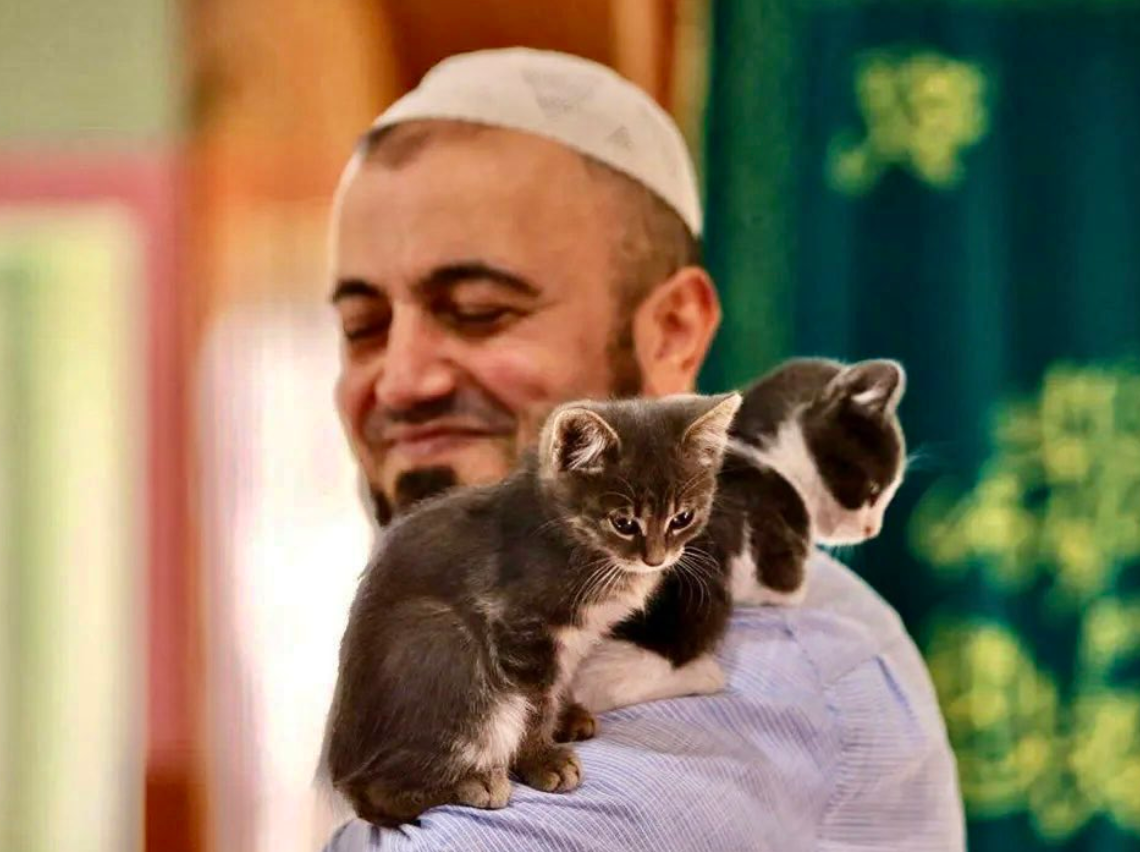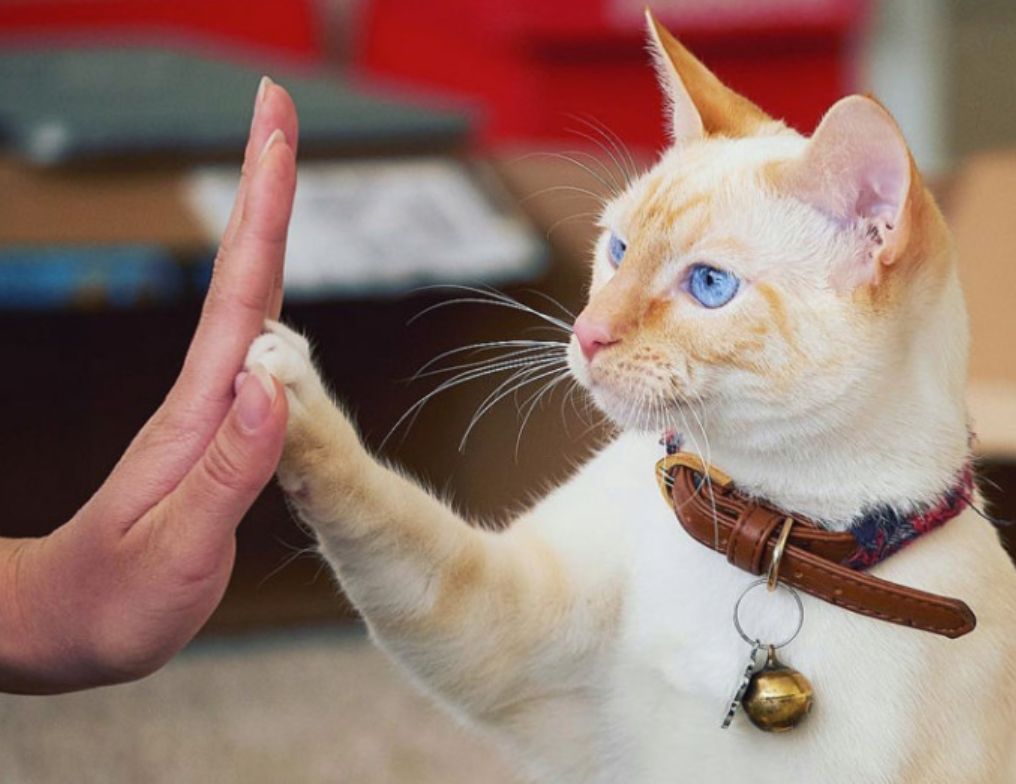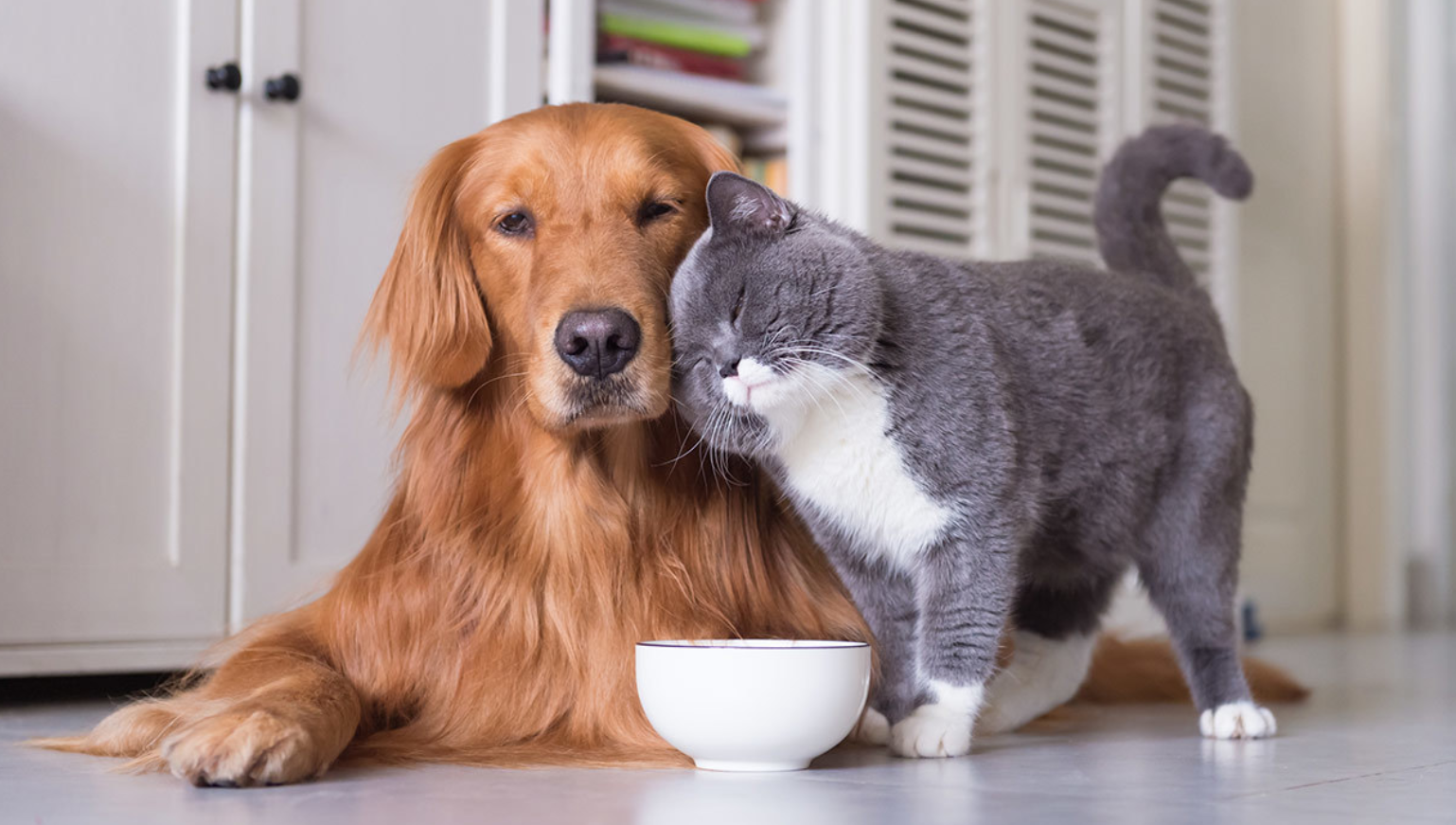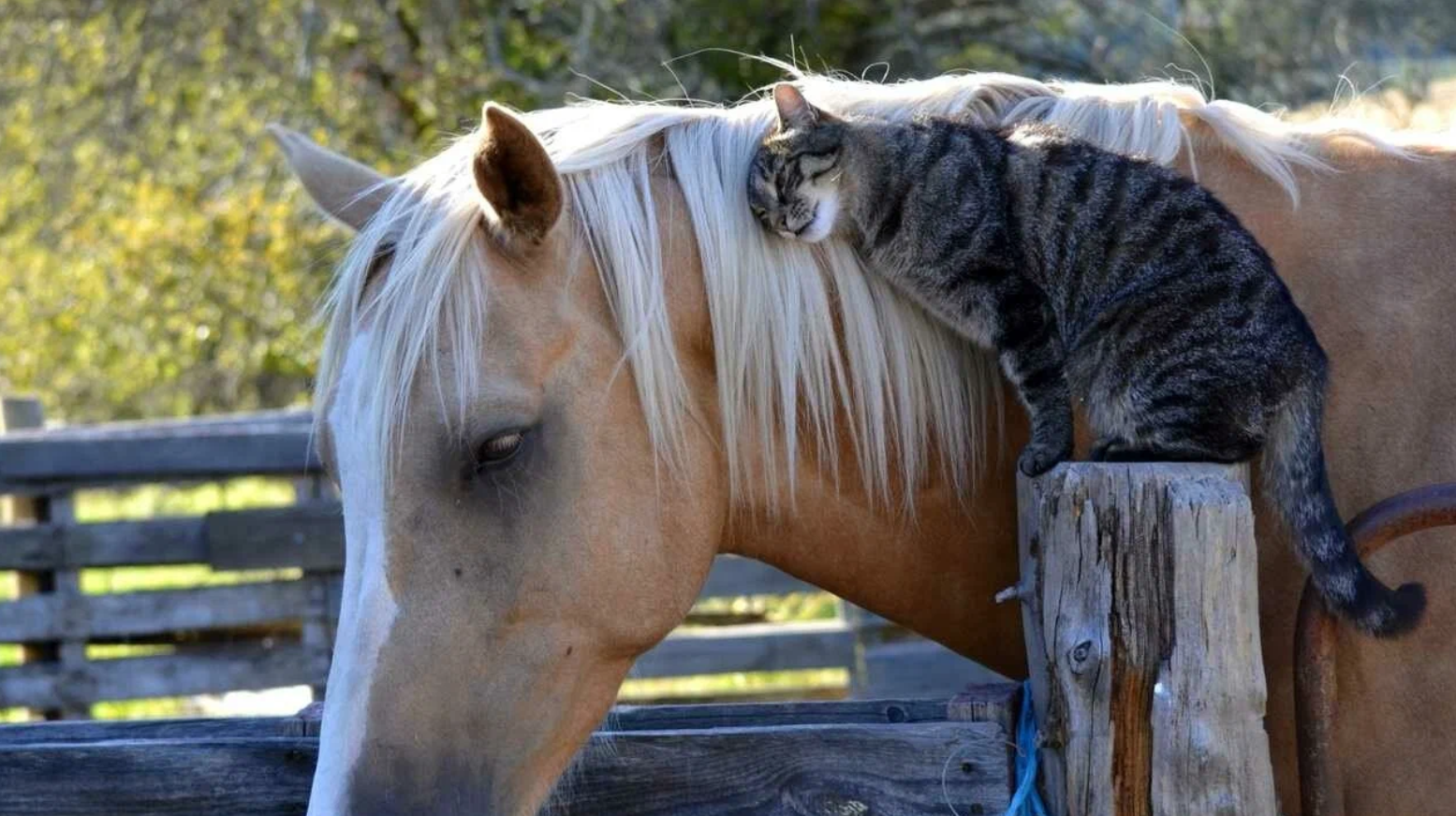Cats and Dogs in Islamic Culture

Islamic culture holds a rich and diverse relationship with animals, particularly cats and dogs, which have been viewed with varying degrees of reverence and caution throughout history. While both animals are beloved across the world, Islamic tradition offers a distinct view on their roles, treatment, and symbolism. This article explores the unique status of cats and dogs in Islamic culture, highlighting the religious teachings and cultural values that shape their relationship with Muslim communities.
The Revered Status of Cats
In Islamic culture, cats enjoy a revered position, often associated with cleanliness, gentleness, and affection. One of the most well-known tales is of his cat, Muezza. According to tradition, when Muezza was once asleep on the Prophet’s robe, rather than disturb the cat, Muhammad gently cut off the sleeve of his garment before leaving for prayers. This story respect that Islam teaches toward animals, especially cats.

Cats are frequently admired for their natural cleanliness. Their fastidious grooming habits align with Islamic values of purity and cleanliness, making them favored animals to have in households. Moreover, in the context of religious practice, cats are not considered ritually impure (najis), allowing them to be present in homes and even mosques without issue. There are stories in the Hadiths (the sayings and actions of Prophet Muhammad) that show the Prophet allowing a cat to drink from the same water he used for ablution, further cementing the belief that cats are clean and permissible companions.
Cats are seen as gentle creatures that symbolize domestic harmony and are often regarded as protectors of the home. Many Muslim families provide shelter and care for stray cats, seeing this as an act of kindness that aligns with Islamic values. In some parts of the Muslim world, such as Turkey and Egypt, stray cats roam freely, cared for by the community, as they are seen as a blessing.
The Complex Status of Dogs
Dogs in Islamic culture hold a more complex status compared to cats. While dogs are respected for their loyalty, intelligence, and utility, Islamic teachings raise concerns about cleanliness that shape the way Muslims interact with them. This belief stems from various Hadiths, which caution about the need for cleanliness, especially before performing prayers. For instance, it is recommended that if a dog licks a person’s hand, they should wash the area multiple times to maintain ritual purity.

However, this does not mean that dogs are viewed negatively or treated with cruelty in Islamic culture. The Quran and Hadith both recognize the important roles dogs play in society. For example, the Quran allows the use of trained hunting dogs, and it is permissible to eat the prey caught by these dogs, provided certain conditions are met (Surah Al-Ma’idah, 5:4). Similarly, dogs are valued for their ability to guard homes, livestock, and property, which has been particularly important in rural and nomadic communities throughout history.
Despite the restrictions surrounding physical contact with dogs, the overall Islamic approach to animals stresses kindness and compassion. A well-known Hadith tells the story of a man who was forgiven by God for giving water to a thirsty dog. This teaching highlights that, despite the ritual concerns, dogs are deserving of care and respect. Cruelty towards any animal, including dogs, is strictly forbidden in Islam.
Animal Welfare in Islamic Teachings
Islamic teachings emphasize compassion toward all living creatures. Both the Quran and Hadith repeatedly remind Muslims of their duty to treat animals with kindness, as they are also creations of God. The Prophet Muhammad’s interactions with animals serve as moral examples, advocating for mercy and care.

The Prophet Muhammad once said, “Whoever is merciful even to a sparrow, Allah will be merciful to him on the Day of Judgment.” This extends to all animals, including cats and dogs, and has shaped the ethical framework for animal welfare in Islamic culture. Muslims are encouraged to provide food, water, and shelter to animals and to avoid harming them unnecessarily.
The Prophet also warned against the mistreatment of animals used for work, such as overburdening animals or denying them rest. In another instance, he told the story of a woman who was punished in Hell for neglecting a cat, highlighting that neglecting the well-being of animals is a serious matter in Islam.
Cultural Variations Across the Muslim World
While the foundational teachings of Islam are consistent, cultural practices surrounding cats and dogs can vary significantly across different Muslim regions. In countries like Turkey and Morocco, cats are celebrated and often roam freely through markets, mosques, and public spaces, where they are cared for by the community. Cats are seen as a symbol of domestic peace, and many Muslim homes welcome them as part of the family.

Dogs, on the other hand, people often keep for specific purposes such as guarding homes or herding livestock, especially in rural areas. In some countries, urban attitudes towards dogs are changing, with more people keeping dogs as pets, though they still face some practical and religious considerations regarding cleanliness. In these cases, families may ensure that their dogs remain outdoors or create specific areas for them in the home.
In rural and nomadic Muslim communities, dogs often serve as essential protectors of livestock or homes. While people typically keep them outside to maintain household cleanliness, they respect dogs for their loyalty and protective instincts. Although people don’t usually keep dogs as pets in the same way as cats, dogs play an important role in ensuring the safety of homes and livestock.
Islam’s Emphasis on Kindness to All Creatures
Islamic teachings are deeply rooted in the principle of mercy toward all living beings. The Quran and Hadith repeatedly stress the importance of treating animals with compassion. Islam strictly prohibits cruelty to animals, and people view neglecting their well-being as a serious violation of Islamic ethics. Prophet Muhammad’s interactions with animals, including both cats and dogs, provide moral examples of how Muslims should engage with God’s creation.
One Hadith tells of a woman whom God punished in Hell for neglecting a cat, showing the severe consequences of failing to care for animals. Conversely, another Hadith describes a person whom God forgave for quenching the thirst of a dog, illustrating how even small acts of kindness toward animals are rewarded.
The Prophet also emphasized that people should not overburden animals used for work and should ensure they receive rest and proper care. This teaching highlights Islam’s holistic approach to animal welfare, ensuring that all creatures are treated with respect and dignity.
Cultural Interpretations of Cats and Dogs in Muslim Societies
While Islamic teachings provide the foundation for how cats and dogs are treated, cultural practices surrounding these animals vary significantly across the Muslim world. In many countries, particularly in North Africa, the Middle East, and parts of Asia, people view cats as symbols of peace and prosperity. They commonly find cats in markets, homes, and even mosques, where the community cares for them. In Turkey, for example, the streets of Istanbul are famously home to thousands of stray cats, whom locals and tourists feed and care for.

People respect dogs for their utility and commonly keep them for specific purposes, such as herding or guarding, especially in rural areas. In urban settings, people may limit contact with dogs due to cleanliness concerns. As a result, some keep dogs outside their homes or in designated spaces. However, attitudes are changing. Movements within Muslim communities are growing to promote the ethical treatment of all animals, including dogs.
There is also a growing movement within the Muslim world that advocates for the humane treatment of all animals, including dogs and stray animals. This advocacy aligns with Islamic principles of mercy and kindness.
Conclusion
The teachings of the Quran and Hadith deeply shape the relationship between humans and animals in Islamic culture. These teachings emphasize compassion, cleanliness, and respect for all creatures. While people generally hold cats in high regard for their cleanliness and gentle nature, dogs hold a more complex status due to religious concerns about ritual purity. Nonetheless, both cats and dogs receive care and compassion in Islamic culture. This reflects the broader values of mercy and kindness that are central to the faith. Hrough these teachings, the Quran reminds Muslims of their responsibility as stewards of God’s creation, urging them to treat animals with dignity and respect.



